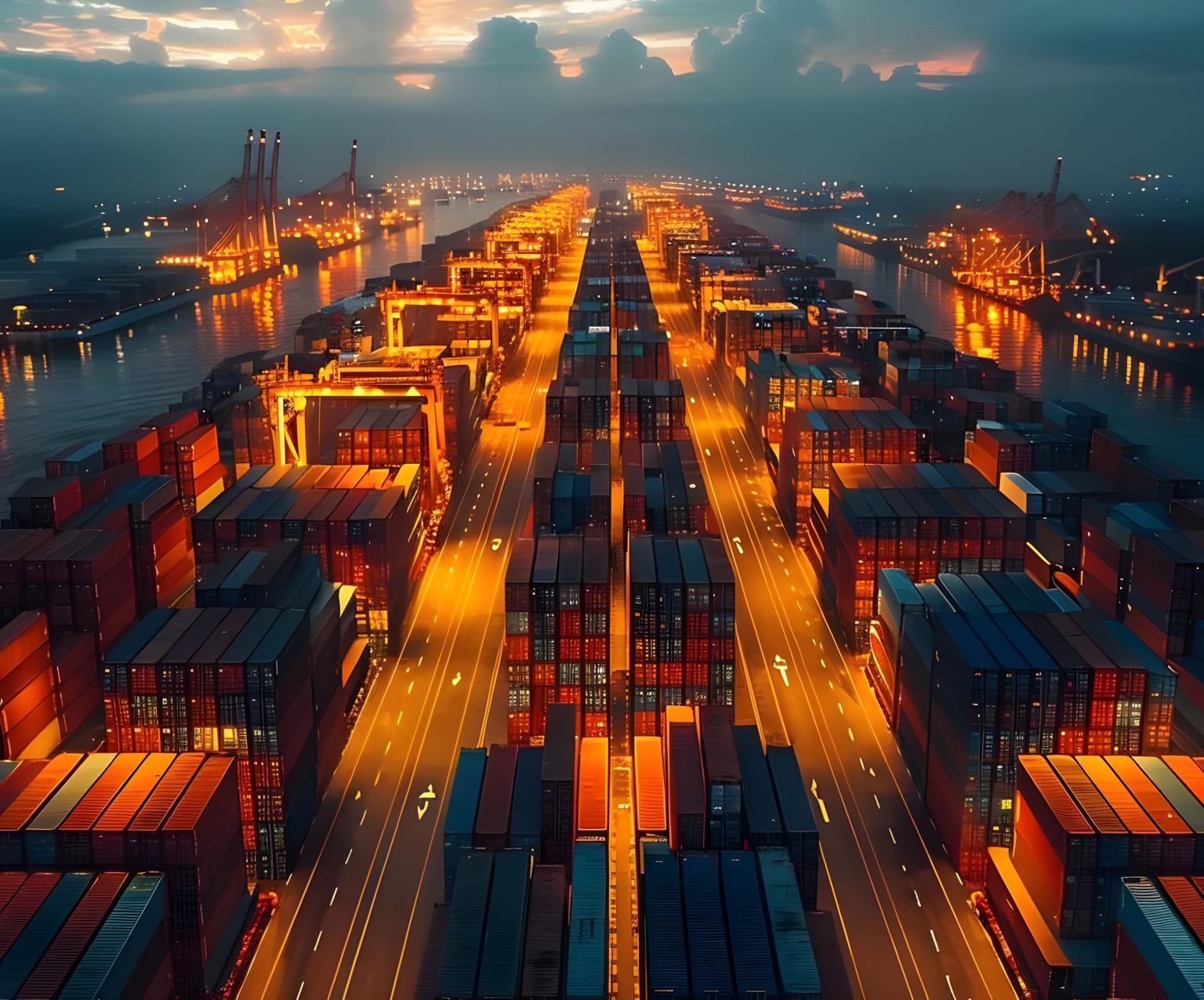Export controls and export control compliance present significant challenges for many industries and companies. This shouldn’t be a surprise considering the large and growing variety of goods, services, and technologies subject to controls or restrictions, as well as the demanding complexity of national, European, and international regulations. Additionally, the COVID-19 pandemic has made things even more complex.
In this article, we will take a look at what export controls are and why export control compliance is so incredibly important for the modern air cargo industry. Use this information to your advantage, since understanding the impact of export controls and possible sanctions is key to successfully and cost-effectively managing your air cargo operations.
What are export controls?
Throughout the centuries, the world has gradually become one enormous global village. Nowadays, many countries send goods abroad, often to states that are situated at the other end of the world. But there are certain rules in place when you move goods, persons, and money across country borders. Export controls are the laws and regulations applied globally, regionally, and nationally to the export of certain items.
Export controls often exist for the protection of trade, but they can also have a strong security dimension. Technology, chemicals, or military goods that could pose a threat to national or international security are an example of the latter.
Export controls for air cargo transport usually fall into one of the following categories:
- Commodity controls. These regulate the goods that are exported and provide an answer to one of the import/export questions: what am I carrying? You need to check the type of goods that can and can’t be transported into a certain country. For example, transporting certain dual-use goods, such as satellite equipment, to certain countries is forbidden.
- Prohibited destinations. Some countries may have embargoes or sanctions in place, which means you might not be able to ship goods there. Russia is currently a prime example of such a country. Several countries (EU, US) prohibit the export of certain products to Russia as a sanction for the war in Ukraine, while the Russians have also prohibited the export of several goods to countries that support the sanctions against Russia.
- Denied party lists. This export control relates to the reputability of your trade partner. If the recipient of your goods is not reputable, they could be listed as a ‘denied party’. This means that you’re not able to export to this person or organization.
- End-use of transported goods. You also need to know how exported goods will be used once they have reached their final destination.

What is export control compliance?
Export control compliance entails making sure you have control over your export from start to finish. It also means that you have checked it against the local and international laws and regulations that guide global, regional, or country-specific trade.
A good export control compliance framework for air cargo carriers includes measures such as:
- Knowing and choosing the right customs code and control classification codes for your products.
- Correctly and thoroughly screening the identity of your buyers to ensure that they are not denied or blacklisted parties.
- Knowing the final location of your air cargo by requesting an official end-user statement.
- Implementing an internal compliance program for export controls and sanctions.
- Hiring or appointing one or more staff members specialized in devising and managing export control policies.
- Having the right control policy steps or procedures in place to adequately respond if you detect a violation.
- Regular audits to ensure that the company’s policies and procedures are both following government-recommended guidelines and are being followed by your entire staff.
Why export compliance control is crucial for air cargo carriers
Failing to address and properly apply export compliance control can result in hefty fines. For example, in 2018, ZTE agreed to pay one billion dollars to lift a denial order issued by the United States government in response to export control violations.1
Sometimes, failing export compliance control can even result in criminal charges, especially if national or international security is at stake. A good example of this is the indictment of Huawei’s CFO in 2018 for alleged export control violations regarding Iran.2
Sometimes, non-compliance can have both financial and legal repercussions, as the current military and humanitarian conflict in Ukraine illustrates. In light of the sanctions against Russia, some of the world’s biggest names—including global brands, online marketplaces, and air and surface transport carriers—have already been hit with fines ranging from hundreds of thousands to several millions of dollars for carrying non-compliant shipments. Not complying with US Export Administration Regulations (EAR) regarding Russia can result in up to 20 years of imprisonment and fines per violation of up to and beyond 1 million dollars.
How a dedicated compliance control solution helps
A dedicated export compliance solution allows you to get a grip on the aforementioned issues. Our International Trade & Transport Compliance Solution (ITTS) enables organizations to automatically check international trade and transport transactions for potential compliance issues. It also supports your staff in resolving problematic transactions while automatically building an audit trail to evidence this to regulators.
ITTS focuses on the four important dimensions of international trade and transport compliance:
- What is being traded and transported (goods, people, quantities)?
- Who is involved in the transaction (consigner, consignee, agent, financier, insurer, carrier)?
- Where: from and to which country?
- Why: what is the intended purpose and end-use of the transaction?









